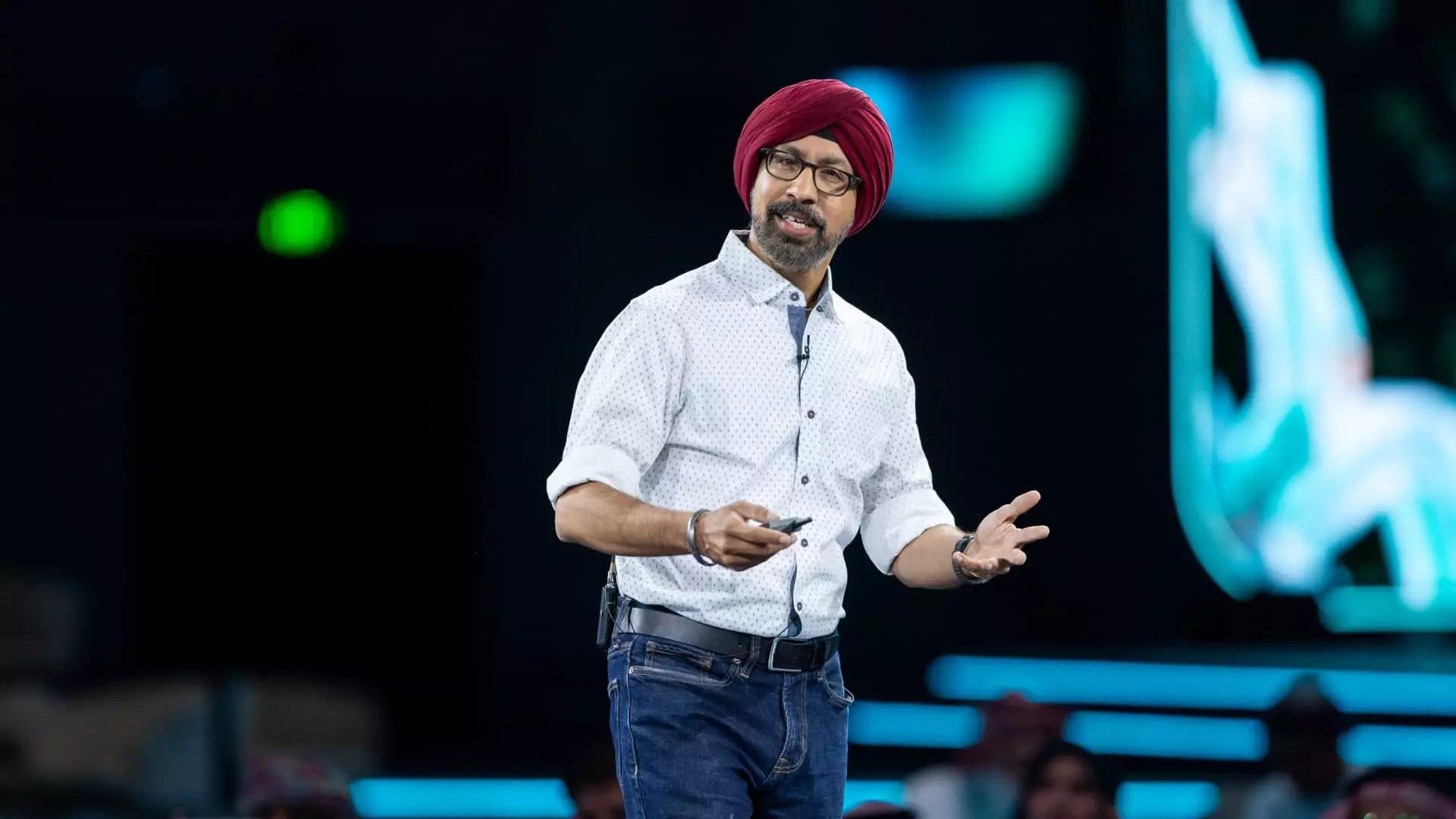In recent developments within the healthcare technology sector, Suki, an artificial intelligence startup, announced a significant collaboration with Google Cloud. This partnership is set to extend Suki’s capabilities beyond merely clinical documentation, positioning them at the forefront of healthcare innovation.
Suki is at the helm of a transformative journey aimed at reshaping how healthcare providers manage patient interactions. Their flagship product, the Suki Assistant, initially focused on automating clinical documentation, alleviating the burdens of manual note-taking for physicians. However, as expressed by the company’s founder and CEO, Punit Soni, the vision for Suki has always been broader. It is not just about cutting down on documentation time but about creating a holistic assistant capable of supporting physicians in multiple facets of patient care. The partnership with Google Cloud will facilitate features such as patient summarization and a comprehensive Q&A tool, which promise to bring a new level of efficiency and functionality to healthcare practices.
With the integration of Google Cloud’s Vertex AI platform, Suki is empowering clinicians to access and manage patient information more effectively. The ability to develop, train, and deploy custom AI models means that Suki can introduce innovative features tailored to the needs of healthcare professionals. For instance, a new summary feature consolidates crucial patient information—from demographics to medical history—into a single view, drastically reducing the time it takes for clinicians to gather relevant data. This advancement is critical in a fast-paced healthcare environment where every minute counts.
It is no secret that healthcare providers face immense administrative pressures, often leading to burnout. By minimizing the time wasted on retrieving patient data manually, Suki aims to streamline workflows. With the new patient summary tool, doctors may save anywhere from 15 to 30 minutes per visit when gathering necessary information. This not only enhances clinical efficiency but also allows physicians to devote more attention to patient care rather than paperwork.
The Q&A functionality adds another layer of convenience, enabling doctors to pose specific queries regarding patient health metrics directly within the platform. With prompts that can range from medical history to diagnostic tests, Suki positions itself as a crucial ally in a physician’s daily routine, ultimately facilitating informed decision-making.
The potential for these new features extends beyond their immediate function; they reflect a broader trend in healthcare technology—the “AI-ification” of medical practices. As AI continues to permeate various industries, its implications for healthcare are particularly profound. Suki’s ability to integrate advanced AI tools seamlessly into existing workflows sets it apart in a competitive landscape where multiple health tech companies vie for attention.
Moreover, the promise that these new tools will not come at an additional cost to existing customers speaks volumes about Suki’s commitment to maximizing value for its users. The strategy is not only customer-centric but positions Suki favorably in the eyes of health systems that are on the lookout for innovative solutions to combat administrative burdens and reduce physician burnout.
As Suki embarks on this new chapter with Google Cloud, the focus remains steadfast on enhancing the patient-care experience through technology. The firm has already made impressive strides, expanding its reach to over 350 health systems and clinics in the U.S., tripling its client base in just one year. With plans to expand both the user base and feature set of its platform, Suki is poised for continued growth and success. As healthcare grapples with ongoing challenges, the integration of AI tools like those Suki is developing may very well play a pivotal role in relieving some of the most pressing issues faced by the medical field today.

